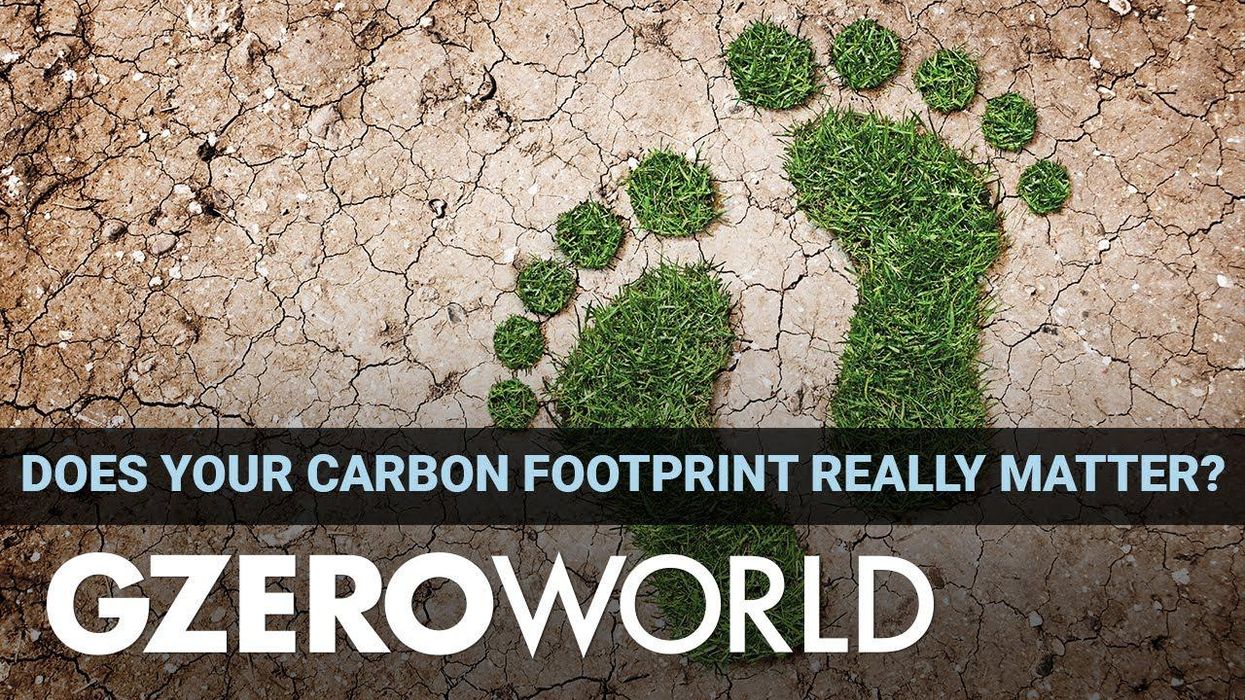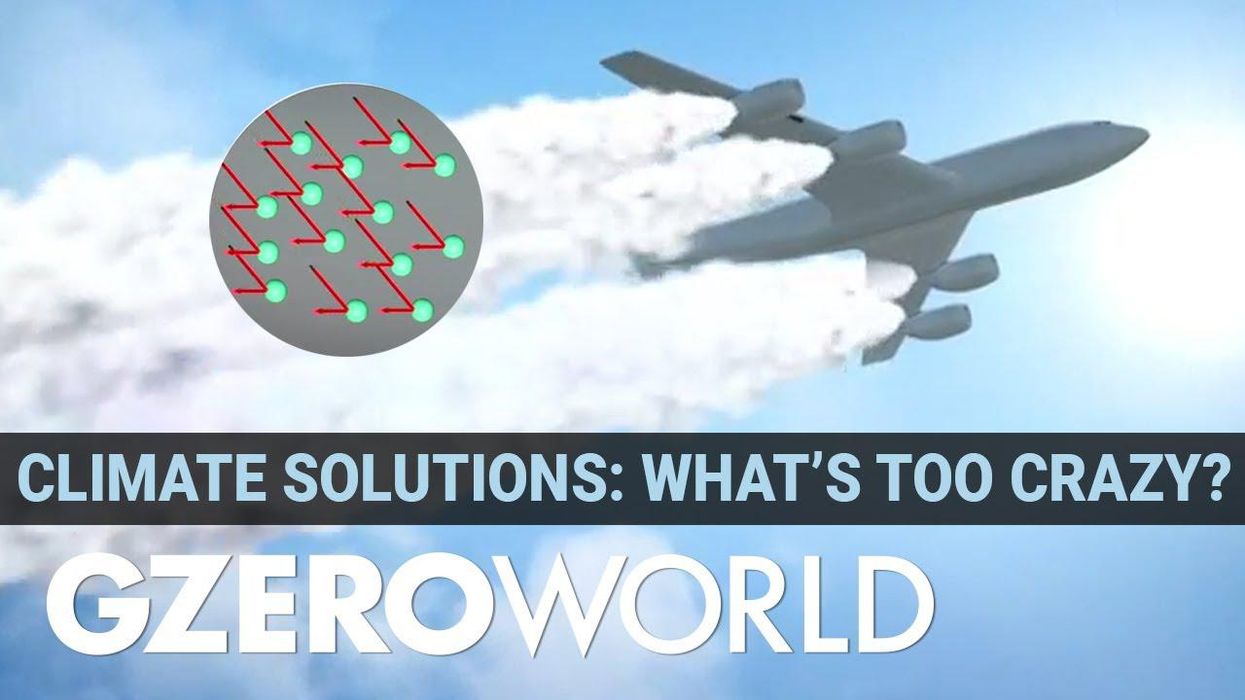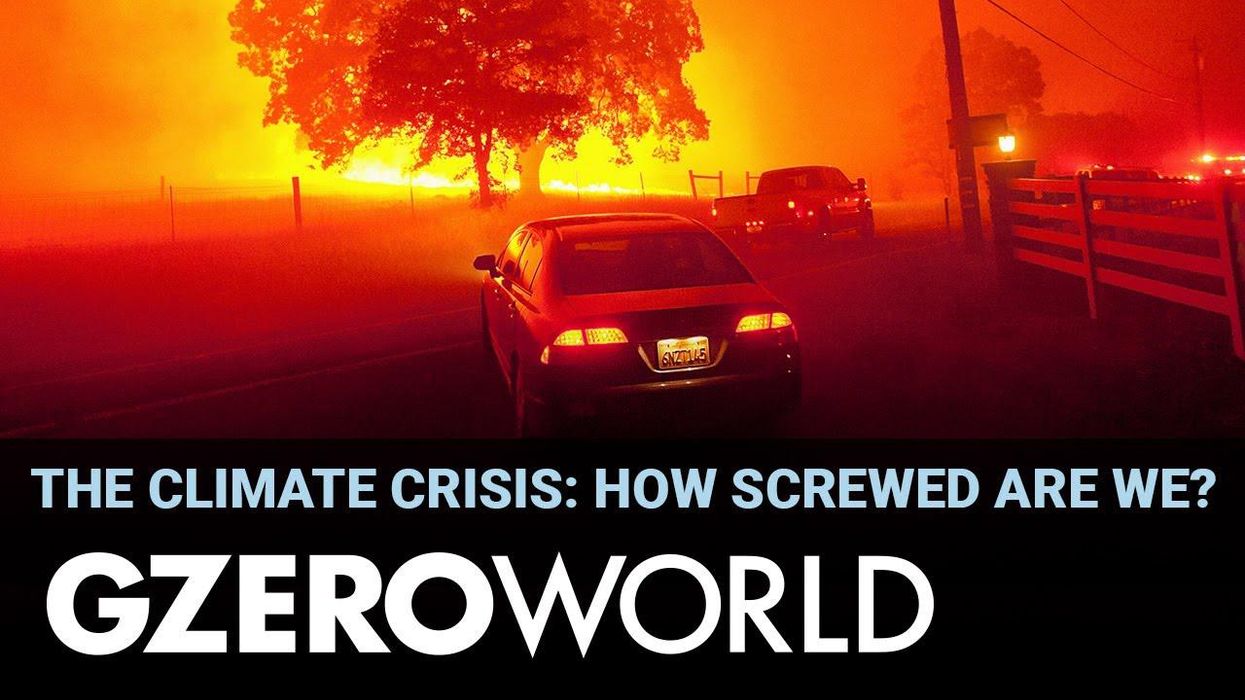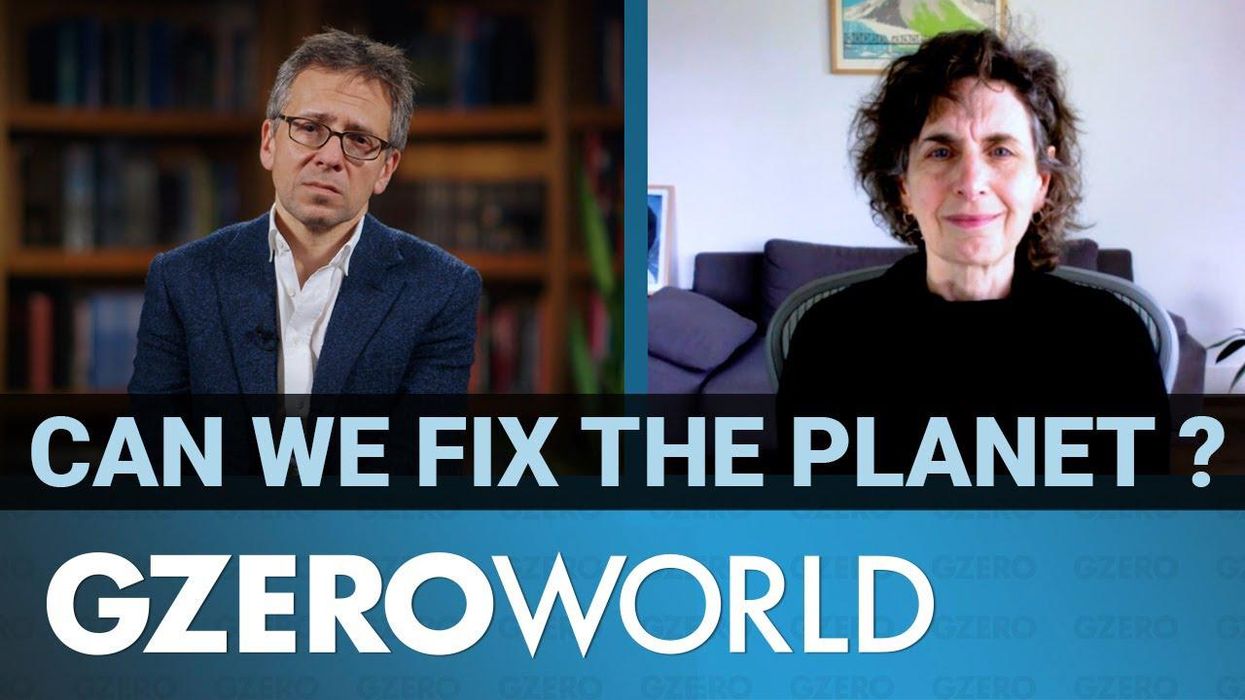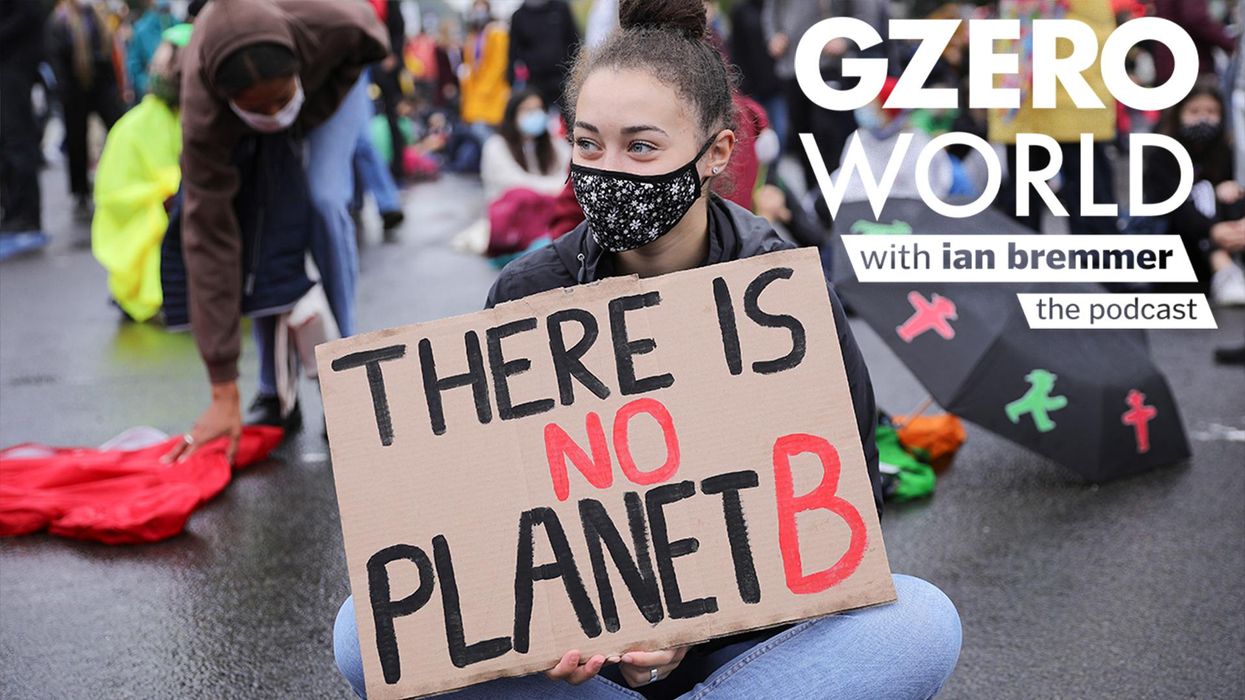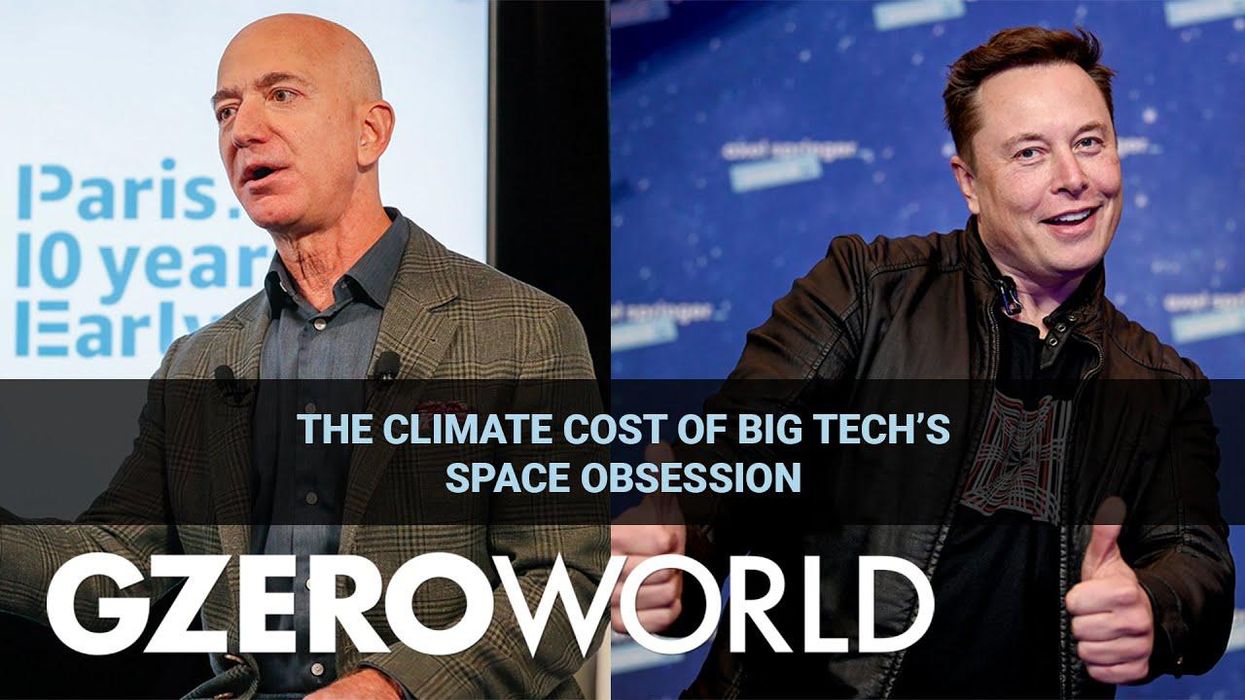GZERO World Clips
Do individual carbon footprints really matter?
The climate crisis will require innovative, collective efforts, says climate expert, Elizabeth Kolbert. Public policy and individual changes need to work in tandem to address global climate change.
Apr 23, 2021
